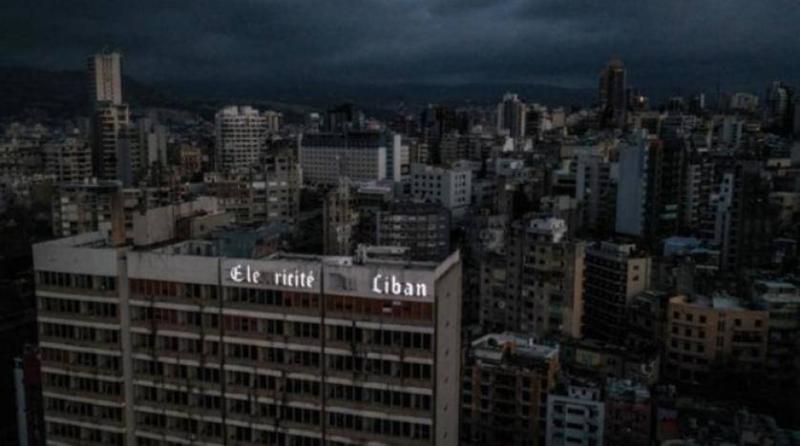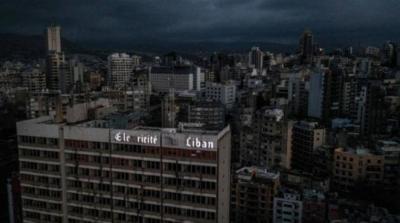The management of "Electricité du Liban" is working hard to find an effective solution using "live meat" before the Zahrani plant completely disconnects from the grid, which could plunge the country into total darkness, with fears that it could affect Roumieh prison and Beirut airport, among others. Sources in "Electricité du Liban" reveal to "Al-Markaziya" an alternative detailed and emergency technical plan to spare the country a "shock of darkness." This plan includes:
- Using Grade B in place of Grade A with the unanimous approval of the institution’s board of directors and the consent of caretaker Prime Minister Najib Mikati and Minister Walid Fayad.
- Utilizing the remaining quantity of fuel oil available at the Tyre plant, all in order for the institution to connect the Zouk plant tomorrow, Saturday.
- Reducing production at the Zahrani plant from approximately 200 megawatts to about 40 megawatts to ensure electricity only for Beirut airport, the port, Roumieh prison, water and sewage pumps, the Lebanese University, the Parliament, the Prime Minister's office, and the Presidential Palace.
The sources emphasize that "this plan is the only available solution at present," noting that "using Grade B is a temporary solution to avoid a total blackout, especially in Roumieh prison, which could face a significant security shake-up if electricity is cut off... Can the country endure such a shock?"
While pointing out that Lebanon has not yet officially been informed of the arrival date of the shipment from Iraq, they mention that it takes about 20 to 30 days for it to reach Lebanon.
**Communication Sector Unaffected?**
Regarding the telecommunications sector, Minister of Telecommunications in the caretaker government Johnny Qarm clarifies to "Al-Markaziya" that "the telecommunications sector does not fundamentally rely on 'Electricité du Liban' to operate, but rather on private generators to a very large extent... Thus, the telecommunications and internet network is affected by the fuel oil shortage, not the electricity."
When asked if fuel oil is available in the telecommunications sector, he confirms that "so far it is still available, and no problems have arisen to date, but the situation depends on the duration of the fuel oil shortage in the market... Normally, we secure fuel oil daily for the empty sites that we do not fully fill because they are sometimes subjected to theft, but when we feel there is a fuel oil crisis in the country, we find ourselves forced to fill them completely."
Qarm reveals that the telecommunications sector needs about 200,000 liters weekly, distributed among "Ogero," "Touch," and "Alfa"... "and so far this quantity is available."
**Alternatives for Public Utilities?**
Looking at the situation of Beirut airport and port amid this crisis, a source following the matter reveals to "Al-Markaziya" that "there is a reserve of fuel oil at both facilities to operate their private generators in the event of a power outage provided by Electricité du Liban."
Additionally, it is noted that at the Tripoli port, for example, there is an available reserve of fuel oil capable of running the container terminal in cooperation with the operating company CMA CGM for two months without needing "Electricité du Liban."




